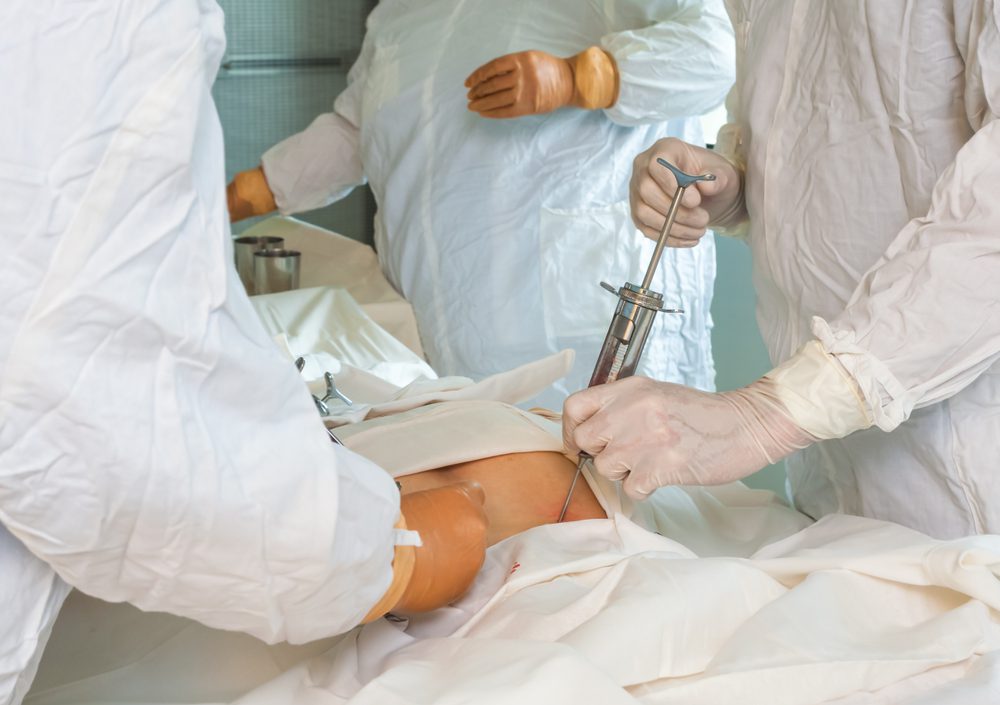For the first six months of his life, Miller Gamberi seemed to be a happy, healthy boy. But his health suddenly shifted; Miller stopped wanting to eat and drink. His oxygen levels fell before he was diagnosed with fungal pneumonia, which is usually found in people with compromised immune systems. Eventually, his mom Garyn shares in an Ivanhoe Newswire article, testing found that Miller had major histocompatibility complex (MHC) class II deficiency.
Miller’s Diagnosis: MHC Class II Deficiency
Also known as bare lymphocyte syndrome type II, MHC class II deficiency is a rare inherited primary immunodeficiency disorder. MedlinePlus explains that MHC class II deficiency results from CIITA, RFXAP, RFX5, or RFXANK mutations. These genes instruct the body on creating a protein that transcribes MHC class II genes, which create proteins that help protect the body against foreign invaders. Gene mutations make it more difficult for the immune system to protect against bacteria, viruses, and fungi. Symptoms associated with MHC class II deficiency can include frequent infections like septicemia, gastroenteritis, bronchitis, and pneumonitis that begin within the first year of life. Other signs include malabsorption, diarrhea, and failure to thrive.
Both immunoglobulin replacement therapy and antibiotics can help reduce infections. Hematopoietic stem cell transplantation (HSCT) is also an effective curative option, resolving the immune deficiency. HSCT is most successful when performed before a child is two years old. Without treatment, MHC class II deficiency can be fatal within a few years following birth.
His mom knew exactly what to do after Miller’s diagnosis; he had to undergo HSCT. First, Miller had to receive chemotherapy in preparation. When he was finally ready, Miller received a bone marrow transplant from a kind donor.
But tragedy struck when the bone marrow transplant did not work; doctors believed that this could have been caused from Miller contracting COVID-19 while hospitalized. Sometimes it can be difficult to find a bone marrow donor. The hospital was concerned—but the donor was ready and willing to donate more bone marrow to support Miller. Since then, Miller has been doing very well.
If you would like to give the gift of bone marrow to those in need, continue getting tested and donating through BeTheMatch.




